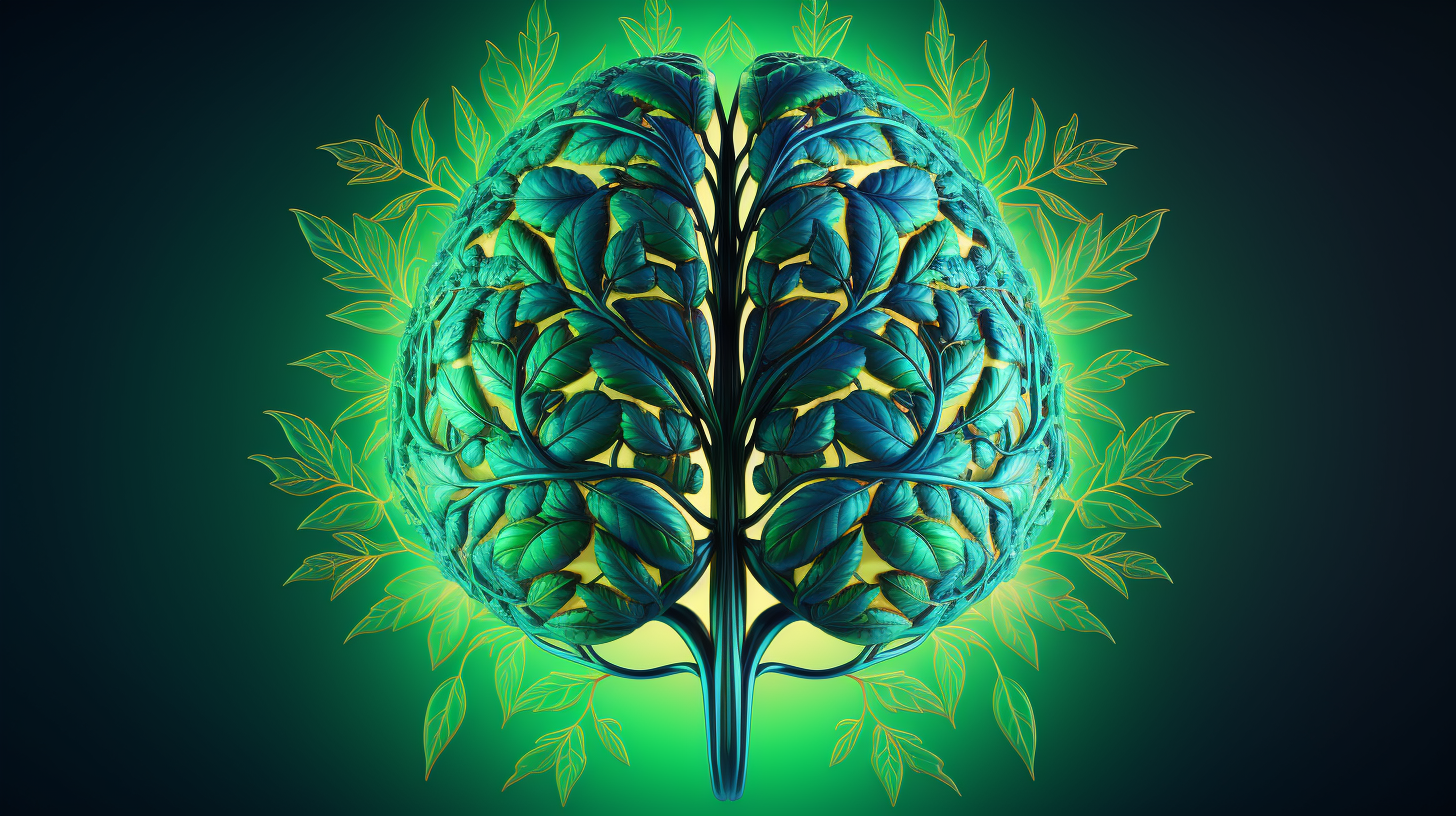Why It Matters: A recent study reveals that regular cannabis users have a heightened understanding of others’ emotions, highlighting the potential positive effects of cannabis on interpersonal relationships and therapeutic applications.
The Big Picture: Conducted by neurobiologists at the National Autonomous University of Mexico, the study compares empathy levels between regular cannabis users and non-users, suggesting a link between marijuana use and increased emotional comprehension.
Driving The News: This study adds to the growing body of research on the effects of cannabis on human behavior and cognition, potentially influencing future therapeutic applications.
A groundbreaking study published in the Journal of Neuroscience Research has found that regular cannabis users exhibit a greater understanding of other people’s emotions, suggesting positive effects of cannabis on interpersonal relationships and potential therapeutic applications.
The study, conducted by a team of neurobiologists at the National Autonomous University of Mexico, compared empathy levels between 85 regular cannabis users and 51 non-users. Using a 33-item test and MRI images, the research focused on various aspects of empathy, such as the ability to understand and resonate with others’ emotions.
Results showed that cannabis users scored higher in the Emotional Comprehension scales, indicating a heightened ability to recognize and understand others’ emotions. However, differences in other empathy subscales between users and non-users were not statistically significant.
Researchers highlighted the role of the anterior cingulate cortex (ACC), a brain region involved in empathy and affected by cannabis consumption. They suggested that the differences observed could be related to cannabis use, although they acknowledged the need for further research to understand the full scope of these interactions.
The study also noted limitations, including the self-reported nature of the empathy question responses and the inability to definitively prove that cannabis use caused the observed differences. Additionally, the marijuana used by participants in the study, primarily from Mexico’s illegal market, had lower THC potency compared to products in the United States, which could influence the results.
Despite these qualifiers, the study opens new avenues for exploring the clinical applications of cannabis in affecting mood and social interactions. This research adds to a growing body of evidence on the impact of cannabis on quality of life, job performance, sleep, appetite, energy, and even the enhancement of activities like exercise and yoga.
Source: Marijuana Moment
